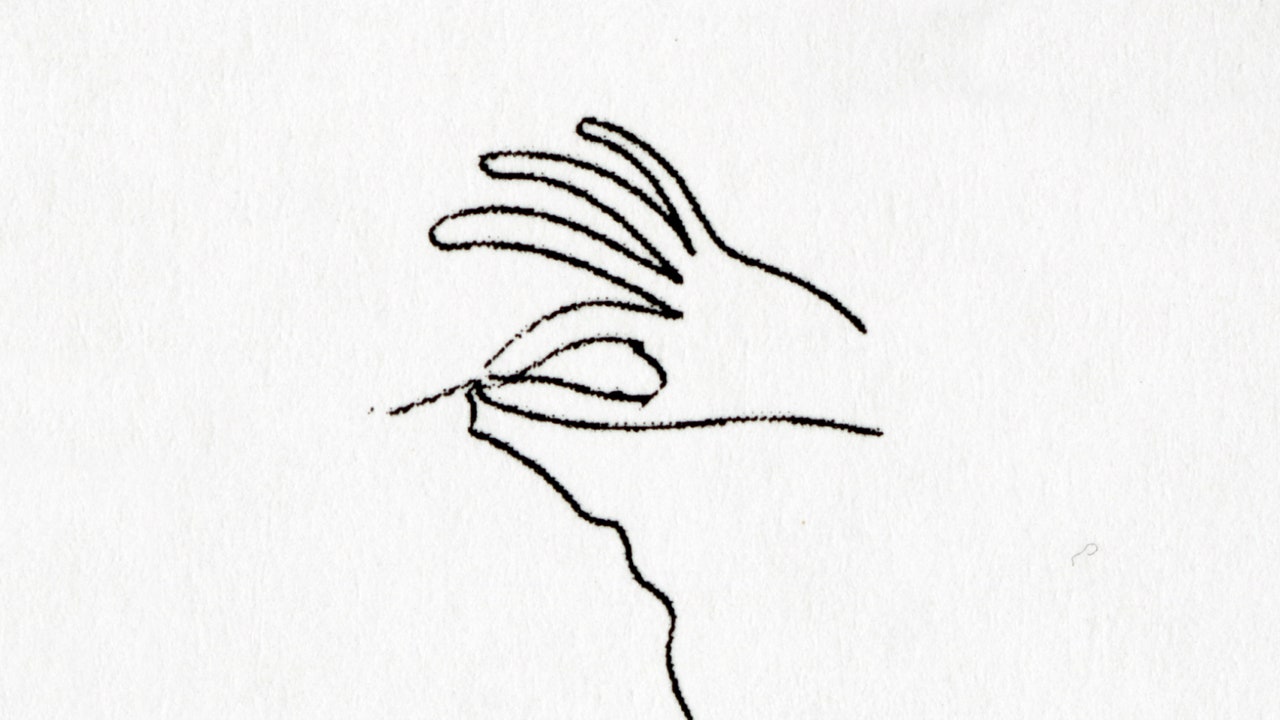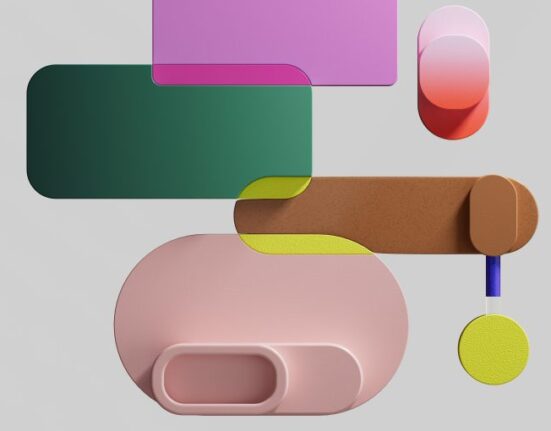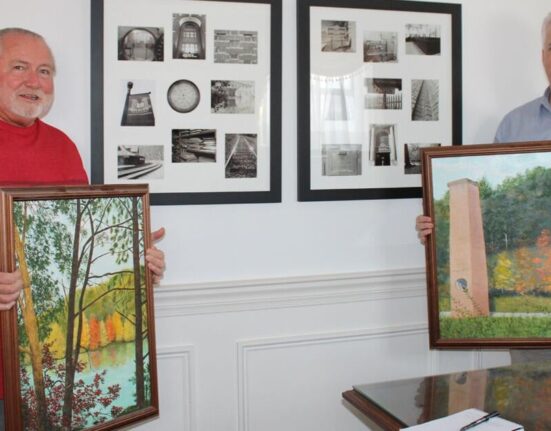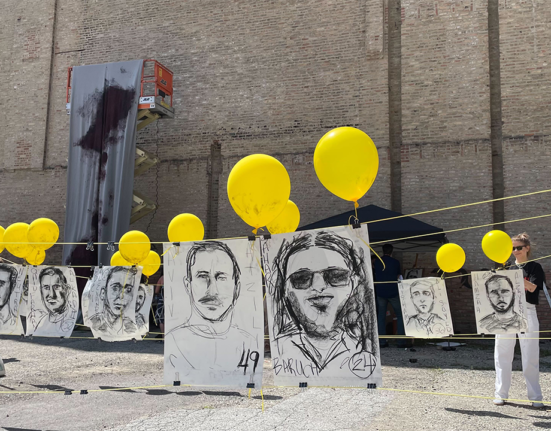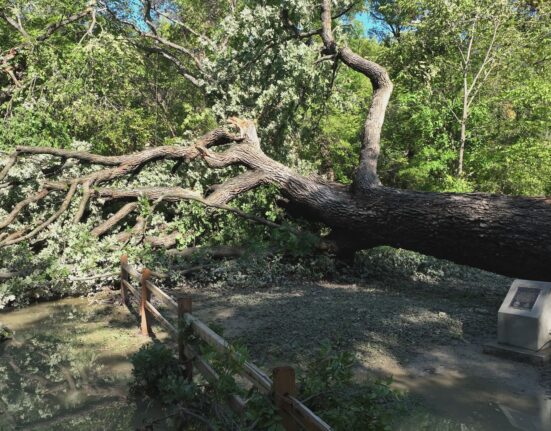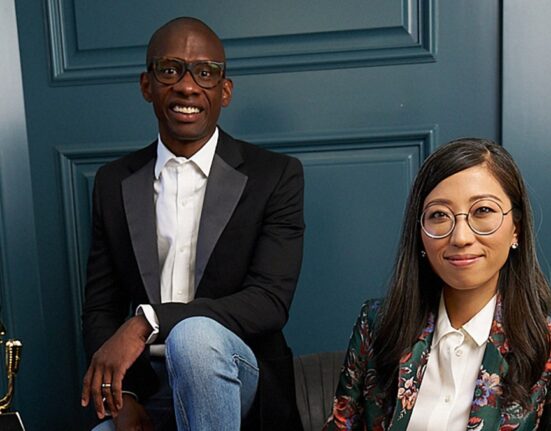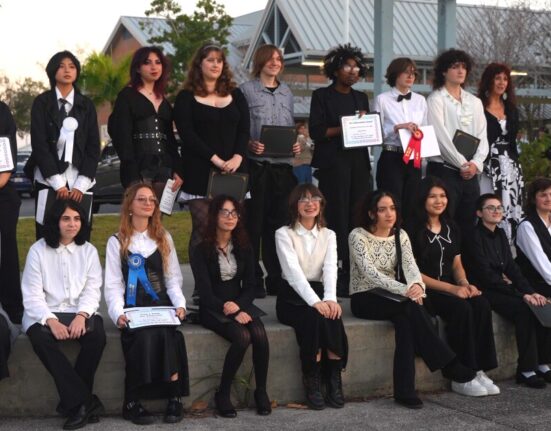Back in the thick of the pandemic’s first year, with concerts definitively off the table for the foreseeable future, Nicolás Jaar created Weavings as a way of fostering a sense of virtual togetherness. The piece brought together 13 artists from around the world to play together over the internet in real time. Commissioned by Krakow’s Unsound festival, Jaar’s collective improvisation took the form of a round-robin in which successive pairings of players performed overlapping duets. At the end of each segment, one player fell silent while another took their place until the next cue, when a new player joined and another dropped out, etc. Thus they went about “weaving” together their parts in an unbroken exchange of ideas that touched on drone, spiritual jazz, noise, and ambient. For technical reasons, the piece wasn’t streamed as it was played; Jaar recorded each track to disc on separate channels, then spent a feverish 24 hours mixing it down before the 92-minute set was broadcast from the Unsound website.
One year later, with concerts back in action, Jaar brought an updated version of the piece to the stage at the 2021 Krakow edition of the festival, recruiting 11 artists—noise musician Aho Ssan, jazz polymath Angel Bat Dawid, experimental vocalist Antonina Nowacka, oud player Khyam Allami, guitarists Oren Ambarchi and Raphael Rogiński, multi-instrumentalist Pak Yan Lau, clarinetist Paweł Szamburski, cellist Resina, hydrophonist Tomoko Sauvage, and drummer Valentina Magaletti—to cycle through a series of seven-minute pairings, with Jaar mixing and dubbing their output while they played. Weavings 2 collects the entirety of that performance in an 84-minute recording that sprawls through a host of different modes and moods, by turns brooding, ecstatic, and surreal.
Per its title, the piece unspools like a bolt of cloth being slowly unrolled. Tone is generally secondary to texture: On the rare occasion that melody makes a fleeting appearance, it’s swiftly swallowed by churning waves of rustle and drone. The players favor long sustained tones and slippery harmonizing; percussion, electronics, and noise are primarily vehicles for friction, like fabrics chosen less for their color or heft than for the ways in which they rub together. Even during the busiest moments—like the collective fanfare of the introduction, where five artists play off each other at once—they seem at pains to fuse their voices as one. There’s no showboating.

